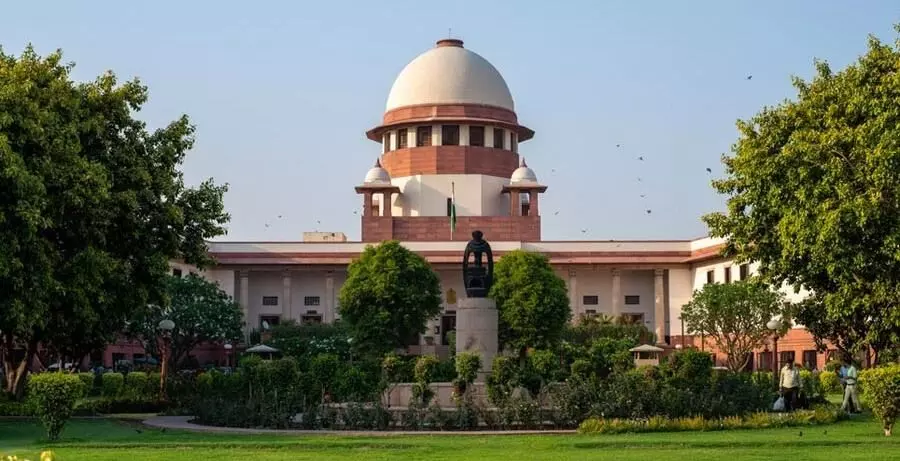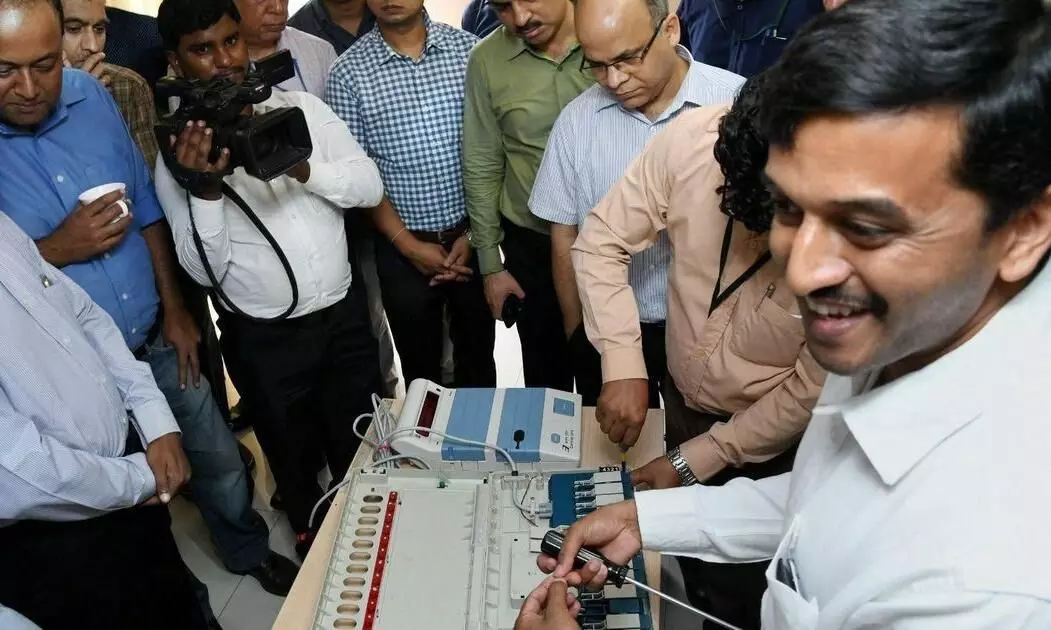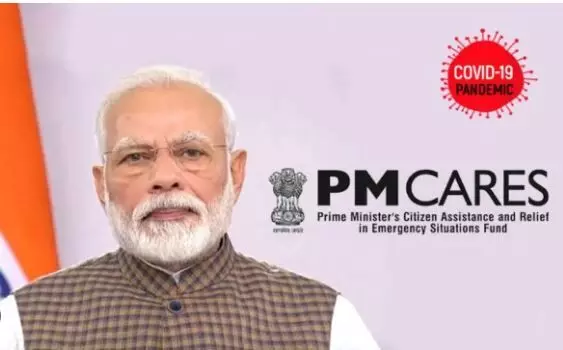
Let the public know - and that constitutes democracy
text_fieldsThe Supreme Court's verdict upholding people's right to decide brings relief as the elections loom near. Transparency in governance and people's right to information are guaranteed by the Constitution; The basis for the judgment of the five-judge bench in Electoral Bond is this right to information enshrined in Article 19 (1) (a) of the Constitution. The bond scheme is seen as unconstitutional and illegal because it keeps people in the dark. The court asked for the submission of information about bond purchase and transfer by March 6, reasoning that people not only have the right to get the information but also to know it at the crucial stage before the elections. By doing this, the court made the people's right to know a core of the democratic process. Indeed, what the judiciary did is a valuable service. The data currently available about electoral bonds hints at certain things. They indicate that the ruling party has misused government agencies like ED, CBI and IT for its own benefit. A recent report revealed that 30 companies that had donated huge sums to the BJP did so after raids or other interventions by central agencies. New reports show that not only donations but also gifts through electoral bonds were made in the same way. Certain companies have even given bonds five times the amount given as donations. Out of the 41 companies that donated to the BJP, 18 bought bonds worth Rs 2,010 crore. When else does the country need to know this information that hints at the depth of corruption, except when it goes to the polls?
It is regrettable that the same court, which emphasized the importance of transparency in the bond issue, accepted the Election Commission's arguments in the matter of voting machines and left doubts. The other day, the court rejected the plea that there is a possibility of irregularities when the election is conducted using an electronic voting machine and that ballot paper should be used instead. Many petitions on this issue have been rejected by the court even before this. Recent revelations have come out questioning the reliability of the 'VVPAT' system, which helps voters to ensure that they have voted. If there is a possibility of subverting popular will as a result of total reliance on the voting machine, that should be prevented. If otherwise, one should be able to convince the sceptics. Questions remaining about the electoral system are undesirable at any level. Instead of dismissing these doubts, a scientific system should have been developed to clear them. Considering the change made by the government in the structure of the Election Commission, the damage to the credibility of the Commission cannot be ignored.
Certain other schemes also have the same mystery and opacity surrounding the electoral bonds. One of them is the 'PM-Cares' Fund. Even here the door of corruption is opened by its secrecy. In March 2020, Prime Minister Narendra Modi announced the establishment of this fund through 'Twitter'. There was no Cabinet decision; it only carried the official website address of the government. However, when RTI activists asked for the deed of the trust that runs the fund, the government did not budge initially; It later replied that it was a private organization. And therefore, the Right of Information Act did not apply. A private trust in the name of the Prime Minister? How did it get the permission to receive foreign contribution permit, which is available only to institutions that have been operating for three years? Why was it exempted from the condition of submitting quarterly reports required by law? According to which Act were CSR funds sanctioned retrospectively? Shouldn't everything that qualifies for CSR come under the RTI Act? Many such doubts are raised about PM-Cares. The vigilance shown in the case of Electoral Bonds also needs to be exercised in such matters - both by the public and the judiciary. The right to information is the cornerstone of democracy. Let the people be informed and let them judge.



























